Why one woman plants crops to fight oppression
Share
Explore Our Galleries
Breaking News!
Today's news and culture by Black and other reporters in the Black and mainstream media.
Ways to Support ABHM?
By Maya Eaglin, NBC News
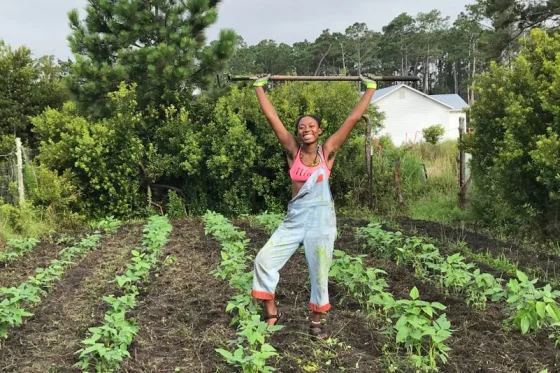
Eva Dickerson has spent her life thinking about food. Not just about what to eat, but more specifically what it means to have access to food, to groceries and space to grow crops.
“Food access might ask why there isn’t a grocery store in someone’s neighborhood,” Dickerson, 26, said, “but food apartheid might ask who planned neighborhoods so that some people have groceries in their neighborhoods and some people don’t.”
These questions form the basis of Dickerson’s work as a farmer and activist. She’s currently living in Thailand as a fellow for Princeton in Asia and spends her time teaching children how to farm as she tends to community gardens and harvests produce for her local community. She describes her mission as working toward “food sovereignty” and against “food apartheid.”
The term “’food access’ doesn’t really direct us toward understanding complex systems of power like colonialism, white supremacy, patriarchy, capitalism,” Dickerson said. “’Food sovereignty,’ however, does, and means having every person on earth be able to access all parts of the food system in a way that is self-determined and honors them as human beings without infringing on and impeding someone else’s access to that part of the food system.
“‘Food apartheid’ is just a more precise way to describe the ways that systems of oppression manifest in our food system so that your relation to power literally determines your ability to feed yourself or get a good job or practice the foodways that your culture supports.”
Read about Dickerson’s activism.
Many Black Americans have a fraught relationship with farming because of slavery.
Find more relevant Black news stories.
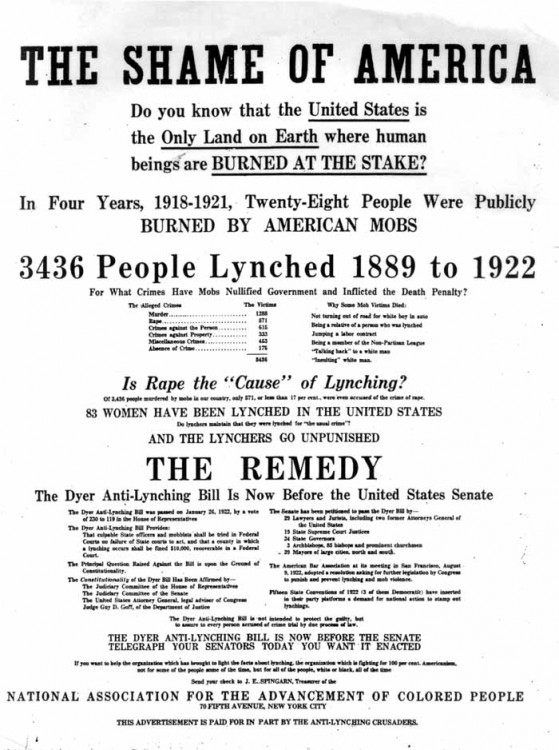
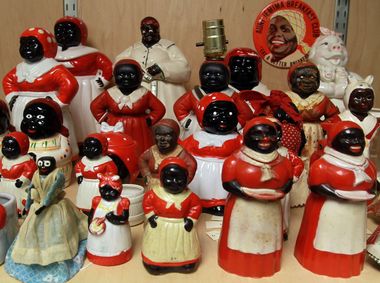
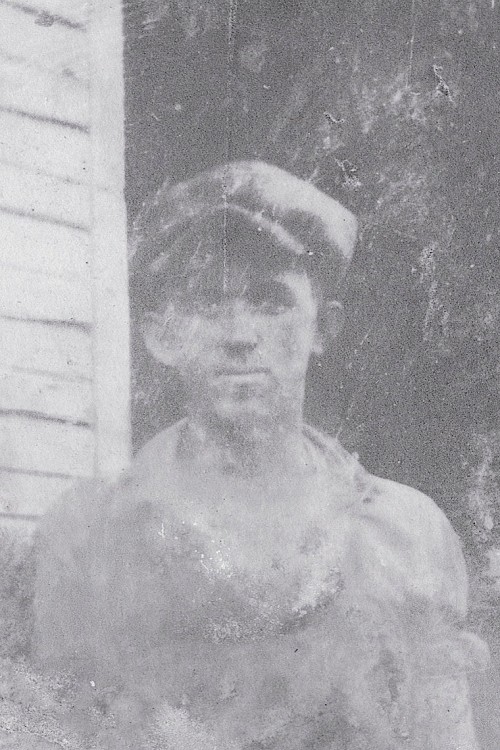
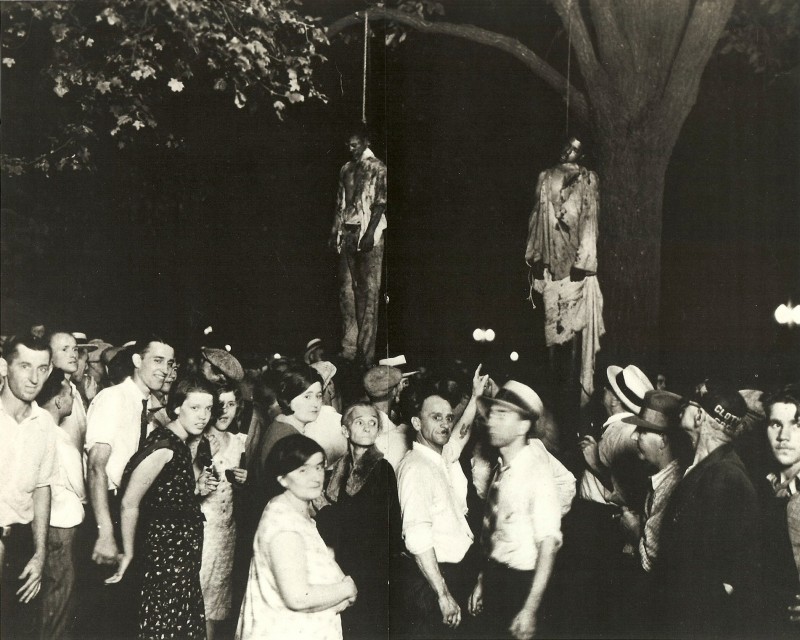
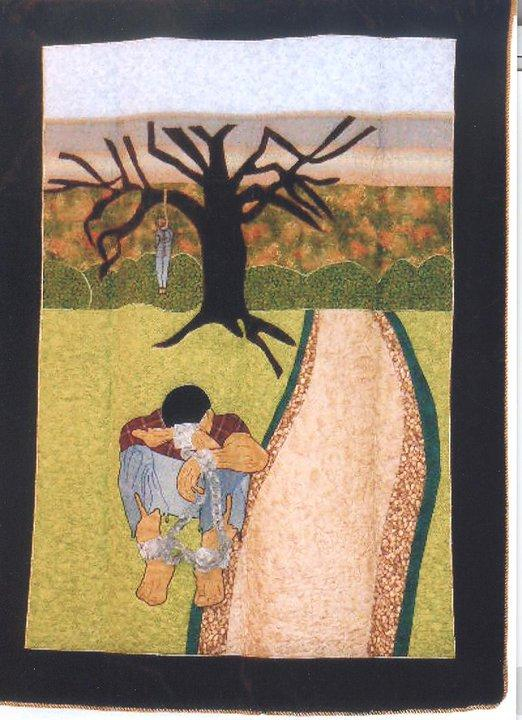
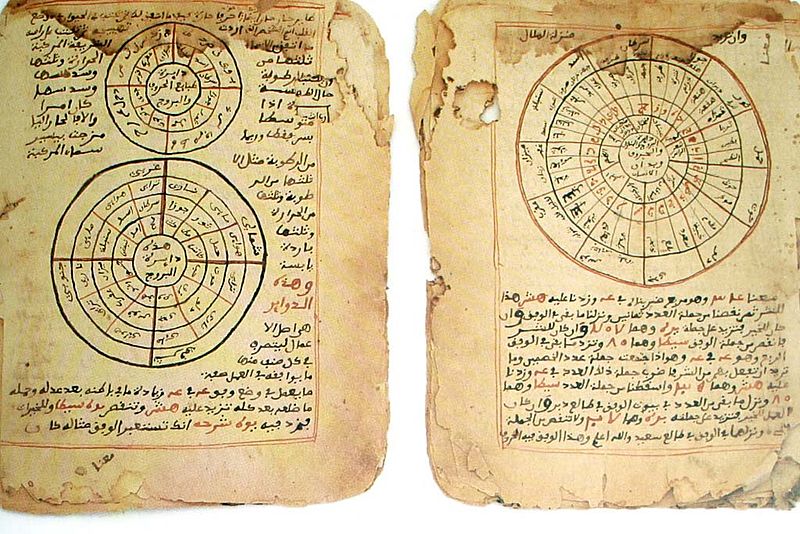
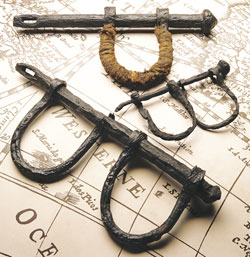

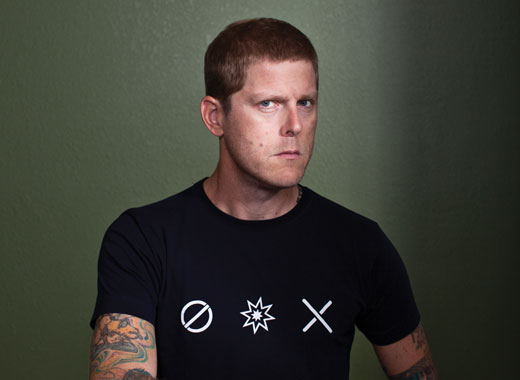
Comments Are Welcome
Note: We moderate submissions in order to create a space for meaningful dialogue, a space where museum visitors – adults and youth –– can exchange informed, thoughtful, and relevant comments that add value to our exhibits.
Racial slurs, personal attacks, obscenity, profanity, and SHOUTING do not meet the above standard. Such comments are posted in the exhibit Hateful Speech. Commercial promotions, impersonations, and incoherent comments likewise fail to meet our goals, so will not be posted. Submissions longer than 120 words will be shortened.
See our full Comments Policy here.